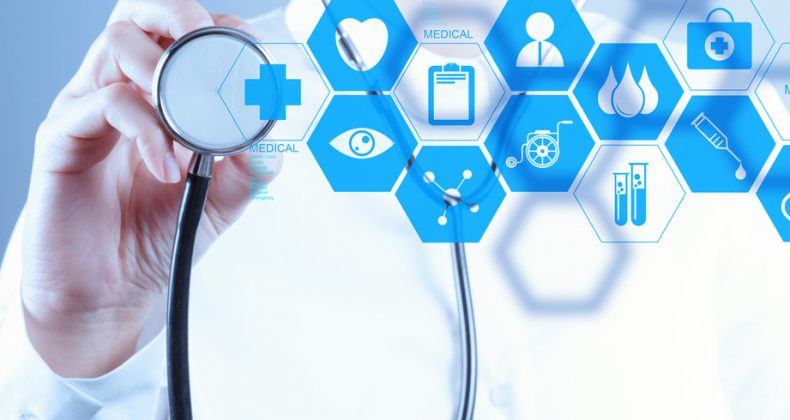HIPAA, the Health Insurance Portability and Accountability Act, sets the standards for protecting the sensitive patient data. Any business dealing with protected health information (PHI) needs to ensure that all the required physical, network, and process security measures are in place and adhered to.
Why Protect PHI?
Electronic Health Records (EHRs) are vital documents which contain sensitive patient data, and are thus considered to be Protected Health Information (PHI). Since this data is accessed by several players involved in the field of healthcare; it becomes extremely important to set certain regulatory guidelines to ensure that patient information remains protected. HIPAA compliance is basically about staying in compliance with these guidelines.
Measures Required To Show HIPAA Compliance
HIPAA has set out two important rules pertaining to compliance. These rules are:
- HIPAA Privacy Rule – This rule relates to how the medical information of a patient is saved, accessed and shared.
- HIPAA Security Rule – This rule is about how to implement national security safeguards for protecting electronic PHI.
Who Needs To Be HIPAA Compliant?
As we discussed before the prime aim of HIPAA compliance is to ensure complete safety of patient data. It has laid down requirements for every stakeholder involved in the EHR process. These stakeholders include the following:
- Covered Entities – Anyone involved in the treatment, payment and operations in healthcare.
- Business Associates – Any person having access to patient information and is involved in the process of supporting treatment, payment or operations, like third-party administrators and private sector vendors.
- Hosting providers – These are the healthcare software providers (Software-as-a-Service, or SaaS), healthcare providers, plus other healthcare employers.
- Healthcare clearinghouses and Health plans
- Any covered healthcare provider who carries out transactions in electronic form. It includes individual medical practitioners, hospitals, clinics and regional health services.
Why Is It Important For Healthcare Industry?
All healthcare entities and business that uses, stores, maintains or transmits patient health information are expected to be HIPAA Complaint. When completely adhered to the regulations of the HIPAA law, it not only ensures privacy, reduce fraudulent activity and improve data systems but saves billions of dollars for the providers. By being aware of preventing the security risks involved, organizations would be able to focus on growing their profits instead of fearing potential audit fines.
In the healthcare industry patient, databases are like Gold Mines, hence they demand to be protected in a similar way, and raises the demand of being HIPAA Compliant. Enterprises in the healthcare industry need to secure their web applications to protect the confidential healthcare information that they store, receive and transmit. Deevita can be your right partner to help you gain the confidence in being 100% compliant with the HIPAA regulations. Our HIPAA compliance services can help you demystify all of the security provisions of the latest HIPAA rules.

